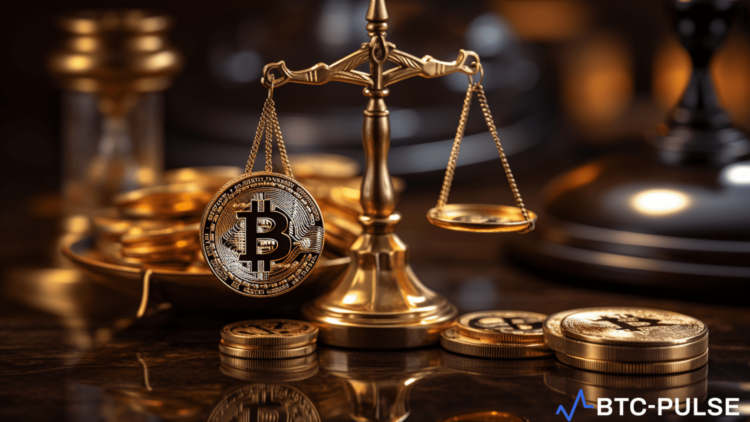A recent ruling by a UK court has significantly impacted Craig Wright, a man who claimed to be Satoshi Nakamoto, the enigmatic creator of Bitcoin. In an effort to prevent Wright from circumventing court orders, a judge has issued a worldwide asset freezing order, securing £6 million ($7.6 million) of his assets.
Judge Acts Against Potential Evasion Craig Wright
This decisive action came after the Crypto Open Patent Alliance (COPA) challenged Wright’s assertions of being the brains behind Bitcoin. The court’s findings not only refuted Wright’s claims but also barred him from transferring his assets offshore, ensuring that he could not evade the financial repercussions of the ruling.
Judge James Mellor’s order came as a response to Wright’s attempt to transfer shares from his holding company to a Singapore-based entity, raising suspicions of asset dissipation.
A History of Non-Compliance
Judge Mellor pointed out Wright’s history of defaulting on payment orders, expressing concerns over potential efforts to avoid financial responsibilities. With COPA’s substantial claim for costs looming, the judge deemed the freezing of £6 million in assets necessary to mitigate the risk of Wright dissipating his funds.
Debunking the Nakamoto Claim
The case against Wright revealed not only his false claims of authorship of the Bitcoin white paper but also an alleged series of document forgeries designed to support his assertions. COPA’s closing statements accused Wright of constructing an elaborate fictitious biography, complete with forged documents to bolster his claim to the Nakamoto identity.
This legal battle sheds light on the complexities surrounding the identity of Satoshi Nakamoto, with recent investigations suggesting Nakamoto might be a collective rather than an individual. The use of both singular and plural pronouns in the Bitcoin white paper has fueled speculation about the true nature of the cryptocurrency’s inception.
Implications for the Cryptocurrency Community
The court’s ruling against Wright represents a significant moment in the ongoing quest to uncover the true identity of Satoshi Nakamoto. It also highlights the legal challenges faced by individuals and entities in the cryptocurrency space, emphasizing the importance of transparency and honesty in an industry built on trust and decentralization.










